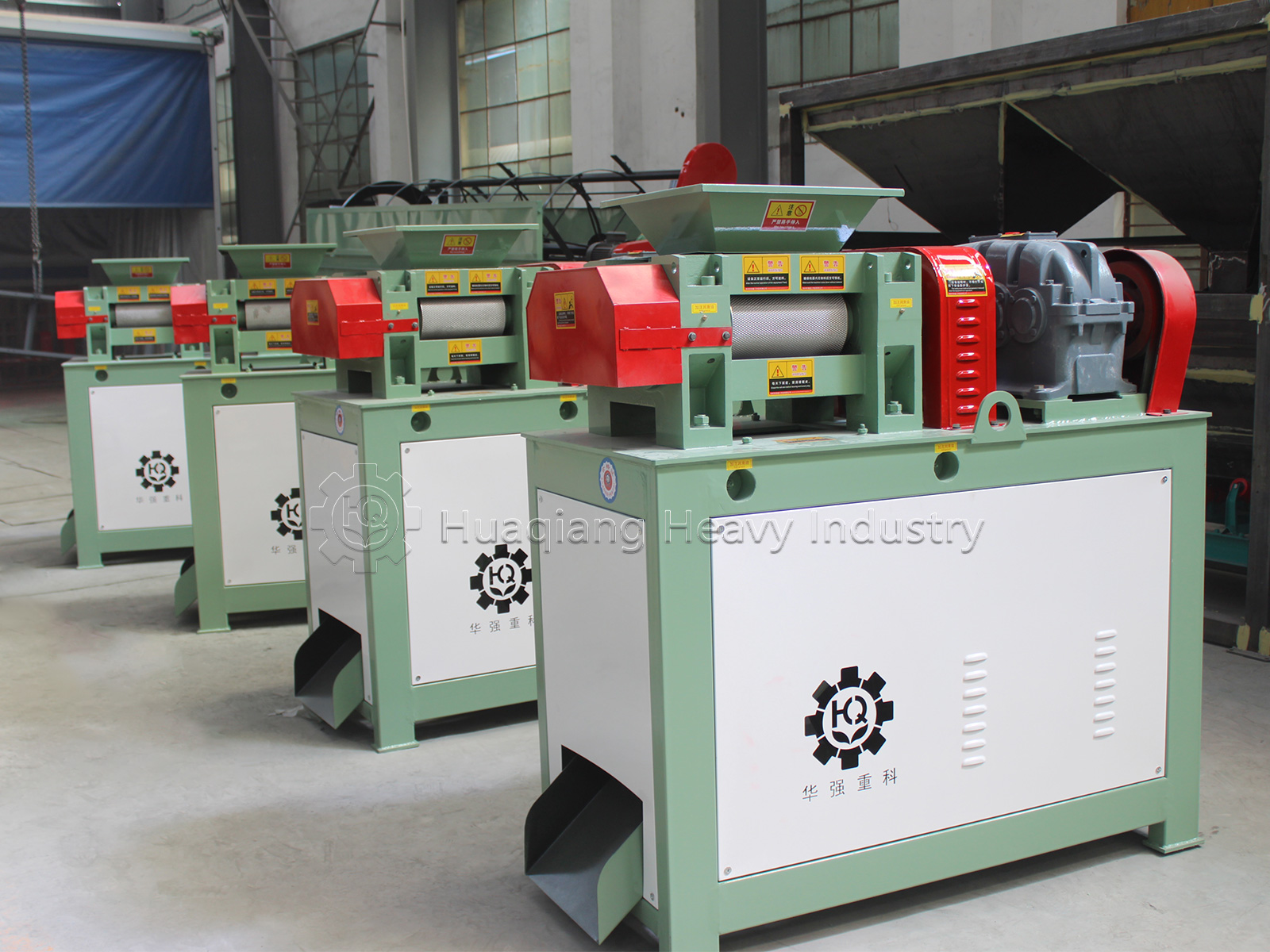In today’s pursuit of sustainable development, the NPK compound fertilizer roller press granulation production line is revolutionizing the industry. This advanced npk manufacturing process utilizes a highly efficient fertilizer compactor for fertilizer granules compaction, establishing itself as a superior alternative to traditional methods like the rotary drum granulator. While drum granulation has been widely used, the modern fertilizer compaction machine offers a cleaner, dry extrusion granulation technology that redefines production efficiency. This makes the complete npk fertilizer production line and organic fertilizer manufacturing machine incredibly versatile. The entire fertilizer production machine system, central to any robust npk production line, sets new benchmarks for green manufacturing by significantly reducing energy consumption and emissions, delivering outstanding environmental and economic benefits.

Core Advantages: Perfect Balance of Ecology and Economy
Energy Conservation Pioneer
Utilizing dry granulation at room temperature, the entire production process achieves zero exhaust emissions and no environmental pollution, perfectly meeting modern environmental requirements. Compared to traditional processes, energy consumption is reduced by over 40%, truly achieving green manufacturing.
Significant Economic Benefits
The one-step molding process eliminates the drying step, reduces equipment investment by 30%, and lowers operating costs by 25%. The application of bucket elevators saves 50% of floor space, significantly improving the return on investment.
Optimized Process Layout
The scientifically designed process flow makes the production line layout more compact and efficient. From raw materials to finished products, each link is seamlessly connected, which greatly improves production efficiency while reducing the intensity of manual operation.

Outstanding Features: Versatile Performer Across Industries
Wide Material Adaptability
Processes various materials including compound fertilizers, pharmaceuticals, chemicals, and feed, achieving multiple uses with one machine
Excellent Product Diversity
Capable of producing compound fertilizers with different concentrations and types to meet diverse market demands
Strong Process Stability
Room temperature one-time molding ensures stable product quality with particle uniformity exceeding 95%
Easy Operation & Maintenance
High automation level, user-friendly operation interface, simple and quick daily maintenance
Particularly noteworthy is the innovation of roller press granulation technology in its “compression instead of drying” process concept. By replacing traditional thermal drying with precise mechanical pressure, it not only avoids energy waste but also ensures the integrity of raw material active components. This gentle processing method is particularly suitable for temperature-sensitive materials, opening new pathways for the development of specialty fertilizers.
Wide Applications: Cross-Industry Solutions
The exceptional performance of roller press granulation production lines makes them shine in multiple fields. In the fertilizer industry, it can precisely produce various NPK compound fertilizer formulations; in the pharmaceutical field, it handles temperature-sensitive materials; in feed processing, it maintains nutritional component activity; in the metallurgical industry, it processes materials like mineral powders. This cross-industry adaptability makes it a universal platform for modern industrial production.
The NPK compound fertilizer roller press granulation production line represents not only an outstanding example of technological innovation but also the perfect implementation of sustainable development concepts. With its exceptional environmental performance, significant economic benefits, and wide application range, it is triggering a new technological revolution in the global fertilizer manufacturing sector. From energy conservation to green production, from cost control to quality improvement, this technology provides comprehensive solutions for modern manufacturing and is destined to become an important direction for future fertilizer industry development.